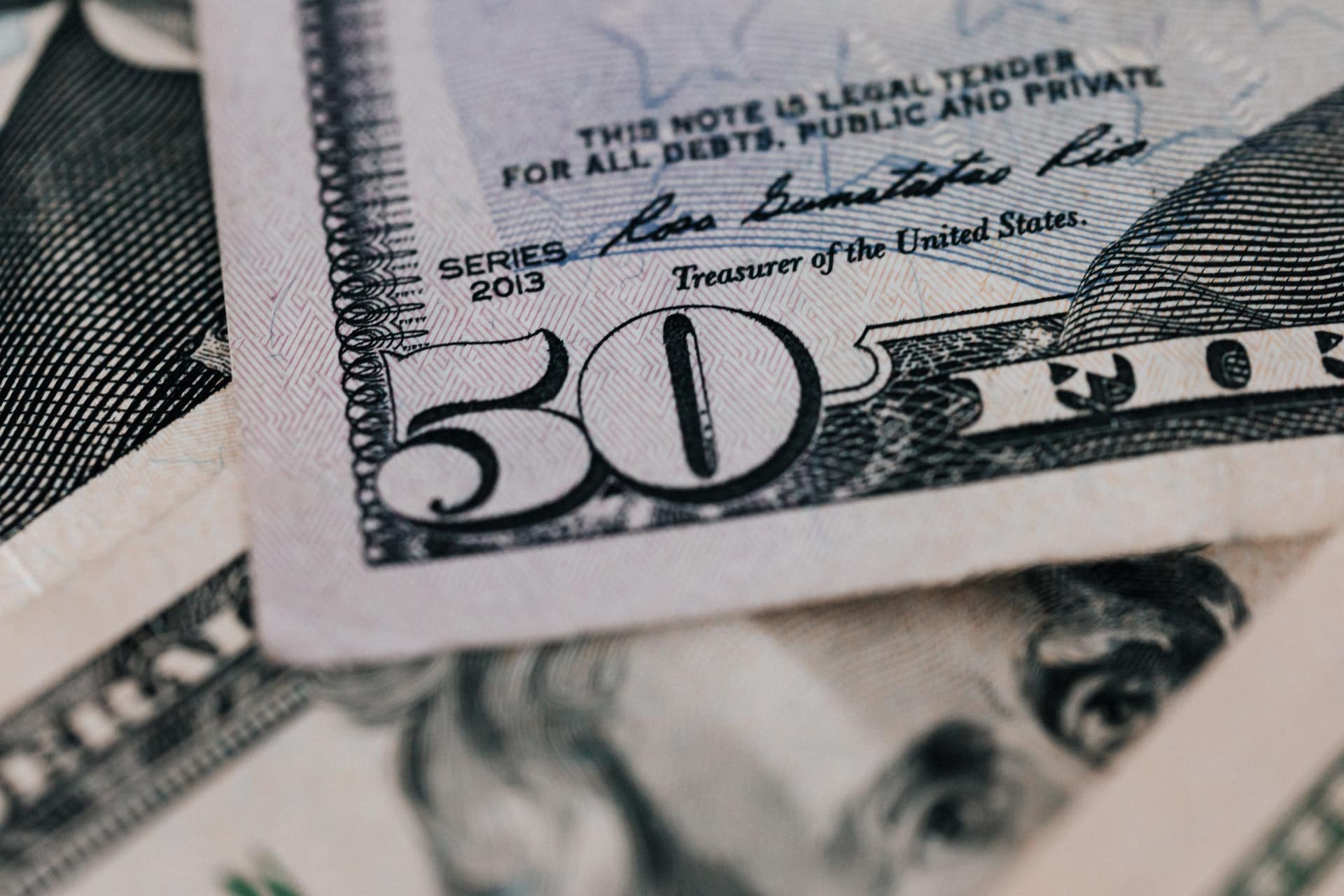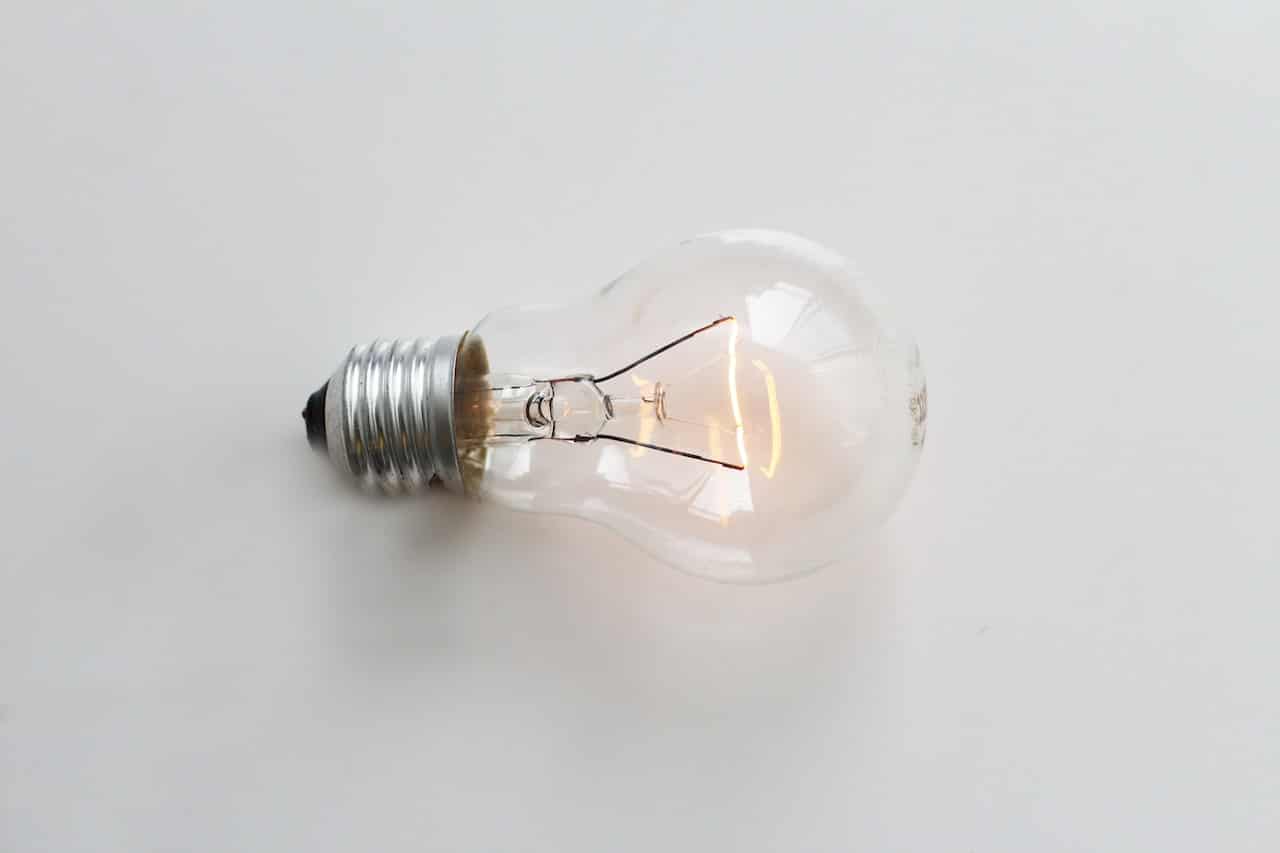The cancellation of debt with credit cards is possible through debt negotiation or debt settlement. Debt negotiation is when a borrower works with a credit card company directly to get better repayment terms, while debt settlement is when a creditor agrees to forgive a large portion of the debt.
Many people struggle to pay off credit card debt due to high-interest rates. In 2021, it was reported that about 64 million people had debt in collections on their credit reports.1 But thankfully, there are debt relief options available.
Keep reading to learn about the best ways you can knock out your credit card debt!
What Is the Cancellation of Credit Cards?
Cancellation of credit cards refers to the process where a credit card issuer forgives a portion or all of the debt that you owe. This doesn’t mean that the debt simply vanishes into thin air; it’s a structured agreement that can come from negotiation with your lender, often when you’re facing financial hardship and unable to repay the full amount.
While it might sound like a financial lifeline—and it can be—it’s important to remember that forgiven credit card debt may be considered taxable income. So, while you might be reducing your immediate financial burden, there could be tax implications to consider. It’s a path worth exploring if you’re struggling with repayments, but it’s also one that requires careful consideration and, ideally, guidance from a financial advisor to navigate the pros and cons.
How To Negotiate Debt With a Credit Card Issuer
One way you can work towards having your credit card debt forgiven is to negotiate with your credit card issuer. Customers have two main options when they want to negotiate credit card debt: debt negotiation or debt settlement.
Debt negotiation involves:
| Debt Negotiation Steps | Description |
| Reaching out to your lender | Initiate contact with your lender to discuss your debt situation. This may involve a phone call, email, or other communication methods depending on the lender’s preferences. |
| Identifying missed payments | Review and acknowledge any missed payments or outstanding debts. Gain a clear understanding of the current status of your financial obligations. |
| Talking about a repayment plan | Engage in a conversation with the lender to discuss and negotiate a feasible repayment plan that suits your financial circumstances. Explore options for restructuring or adjusting the terms of the debt. |
To negotiate credit card debt with a lender, call their customer service line and ask to speak with an agent. Once connected, the agent can bring up your credit card profile, where they will be able to see your past statements and balances. Talk to the agent about credit card debt forgiveness and see what they can do for you. They may be able to lower your rates or get rid of certain fees that have been dragging you down.
If you don’t choose to work with your credit card issuer and refuse to pay your credit card debt, the lender may be forced to send your account to a collections agency. You may ask, “If a debt is sold to another company, do I have to pay?” and the answer is yes.
Debt settlement happens when lenders send delinquent accounts to a debt settlement company, which then works with borrowers in an attempt to rectify the outstanding balance. Those who choose to negotiate debt settlement on their own are responsible for working with the collections agency to agree on a debt settlement agreement. Or, they can contact a bankruptcy lawyer if there is absolutely no way at all to pay off the debts.
What Is Bankruptcy?
Bankruptcy is a last resort financial solution for people with no way of paying their debts and financial obligations. While bankruptcy may help get rid of credit card debt, it will also leave a negative mark on your credit report that may impact your score for ten years or more! So, decide carefully if you are thinking about declaring bankruptcy.
What Happens if You Don’t Pay Credit Card Debt?
Neglecting to pay back your outstanding debt can, unfortunately, cause significant credit damage. Missing payments or even making late payments on credit card debt substantially affects your payment history, which credit bureaus rely on quite heavily when determining your credit score.
Payment history makes up 35% of your overall credit score, making it the most influential factor on your credit report. So, by missing payments on your credit card, you are not only accumulating more debt, but you are also hurting your credit score.
Furthermore, if you continue not making payments on your credit card balance, your lender may be forced to send your account to a debt collector. Debt collectors, also called collection agencies, are a type of financial institution that purchases delinquent financial accounts from lenders.
Can a Credit Card Company Take You to Jail?
While a credit card company may send you a court summons, they may not threaten you with jail time. It’s illegal for lenders to send delinquent borrowers to jail solely for not paying their debts. However, if you have a delinquent credit card account and make no effort to make payments, the lender may take you to small claims court.
When going to court for unpaid debt, you may have to deal with court fees as well as make arrangements for paying back the original lender. To avoid a great deal of hassle and inconvenience, work with your lender and make a repayment plan for taking care of your remaining balance before the situation goes to court.
How Canceling Credit Card Debt Can Affect Credit Scores
You may be contemplating canceling your credit card account altogether as a form of debt forgiveness, but this may not be the best financial solution. When compiling your credit report, credit bureaus look at how much money borrowers have at their disposal, which includes credit card limits. If you cancel a credit card, you may reduce the amount of money at your disposal by thousands of dollars, which many lenders may see as a red flag. To keep your credit utilization intact, only cancel a credit card account when it is absolutely necessary.
When Should You Cancel a Credit Card Account?
While you want to avoid canceling a credit card account if you can, sometimes it is the wisest financial solution. For example, if you find your impulsive credit card purchases are starting to affect your budget significantly, it may be time to get rid of your card. However, before you cancel your card, try hiding it in a secure place. You may find that having your card out of easy reach is enough to keep you from spending impulsively!
Another reason to cancel a credit card is if you simply cannot afford it. Many credit cards come with annual fees and other expenses borrowers are responsible for. If you cannot afford these fees, having a credit card account may not be a good idea for you. But before you cancel your account for this reason, contact the credit card company. They may be willing to lower or completely eliminate your fees if it means keeping you on as a customer.
Tips for Getting Out of Credit Card Debt
The best way to achieve credit card debt forgiveness is to pay back the credit card issuer. While you can try methods like getting a balance transfer credit card, this may not be the most affordable option in the long run. Instead, try the tips below for successfully paying off debt.
Make Consistent Monthly Payments
The most important part of paying back debts is to stay on top of your monthly payments. Just one missed, or late payment can leave a negative mark on your credit report for years, so it is best practice to always make your credit card payments on or before their due date.
If you feel like you are having trouble paying back your credit card balance, talk to your issuer immediately. Credit card companies are often willing to work with borrowers if it means avoiding a missed payment or delinquent account.
Try a Credit Counseling Agency
If you are having trouble handling your finances, on the whole, it may be a good idea to seek out some professional help. By working with a credit counseling agency, you may get paired with a helpful credit counselor who can give you personalized advice about paying off your debts and improving your credit score.
You may wonder which is better, when it comes to debt consolidation vs. credit counseling. But one suggestion a credit counselor may have is getting a debt consolidation loan. With debt consolidation, a personal loan may be able to bring down your monthly payments and reduce the amount of interest charges you accrue. Consolidating debt is a great way to save money on credit card debt and on other loans draining you financially, such as payday loans.
Pay More When You Can
Along with making consistent payments on your credit card debt, it may also be a good idea to make increased or additional payments when possible. By making more than just one lump sum payment a month, you may reduce the amount of time it takes to eradicate your credit card debt by months or even years!
Try a No-Spend or Money Saving Challenge
Work on saving money by doing a no-spend challenge. Then, use any money you saved up for your credit card debt! To do a no-spend challenge, first, make a list of all of your necessary expenses. These may include:
- Rent/mortgage
- Groceries
- Gas/commuting costs
- Recurring bills, subscriptions, or membership payments
Once you have all your necessary expenses mapped out, work towards saving any money you earn that does not have to go towards those required expenses. Then, use at least a portion of those savings to pay off your credit card debt. You may find that doing a no-spend challenge works as a great debt management plan that can help you spend less and save more, as well as help knock out credit card debt!
FAQS
Settlement involves negotiating with the credit card issuer to pay a lump sum that is less than the full amount owed, leading to debt forgiveness for the remaining balance. In contrast, a debt management plan restructures your debt into a more manageable monthly payment schedule without reducing the principal amount owed.
Working with settlement companies for your debt can lead to credit card debt forgiveness, but it may negatively impact your credit score. This is because settlement often involves paying less than the total amount owed, which credit bureaus may view unfavorably.
Yes, a debt relief plan can help reduce your overall debt with credit cards. These programs, often offered by debt settlement companies, negotiate with creditors to lower the total debt owed, potentially leading to significant debt forgiveness.
Before choosing a debt settlement company for credit card debt forgiveness, consider the company’s reputation, the fees involved, the potential impact on your credit score, and the likelihood of successfully negotiating a reduced debt amount.
Canceled debt from a credit card issuer may be considered taxable income by the IRS. It’s important to consult with a tax professional to understand any tax implications of debt forgiveness under a debt settlement or debt relief program.
The advantage of making a lump sum payment in a debt settlement agreement is the potential reduction in the total debt owed, leading to quicker debt relief. However, accumulating the funds for a lump sum payment can be challenging, and the settlement can negatively impact your credit score.
Yes, it is possible to negotiate a lower monthly payment directly with your credit card issuer. Many issuers are willing to work with borrowers facing financial hardship by adjusting payment terms or temporarily reducing interest rates.
A Word From CreditNinja on Credit Card Debt Relief
Freeing yourself from credit cards may seem like an impossible task. However, there are strategies for successful debt management. A debt management plan can help you stay motivated and achieve financial freedom sooner!
One option for debt relief is consolidating your debt with credit cards using a personal loan. CreditNinja offers online loans with competitive rates and flexible repayment plans. Apply online today to see if you’re eligible. If you qualify for CreditNinja installment loans, you could consolidate your debt and start following a streamlined repayment plan!
References:







